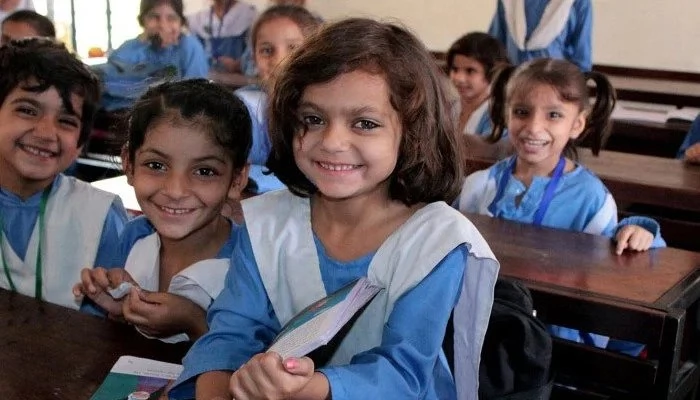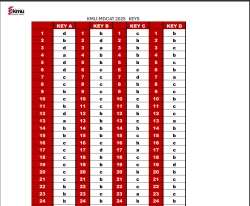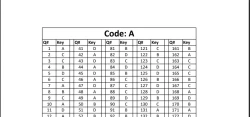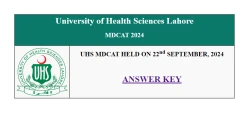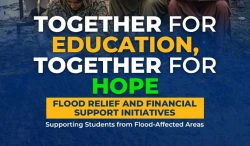The government of Pakistan has announced holidays in educational institutions across the country and announced that online learning will be continued. But a recently published UNICEF report says that the majority of the children do not have access to the internet hence causing major problems for them to meet the requirements. Also, a number of students are protesting against the quality of online education.
According to the United Nations Children's Fund (UNICEF) and the International Telecommunication Union (ITU), 88% of school-age children in South Asian countries do not have access to the Internet at home. The UNICEF report says that the closure of schools due to Code-19 is likely to affect the education of about 40 million children in Pakistan.
The report also mentions that a large segment of society does not have access to the internet in order to meet the demands of the 21st century. UNICEF says digital distribution is causing inequality, which has already divided countries and societies. According to the report, children and youth from rural, low-income, and poor families are facing severe problems due to this situation which is a major obstacle in their development.
UNICEF says there is a digital gap beyond the unavailability of Internet access for children and young people at home. As a result, they face difficulties in coping with the world and acquiring knowledge.

